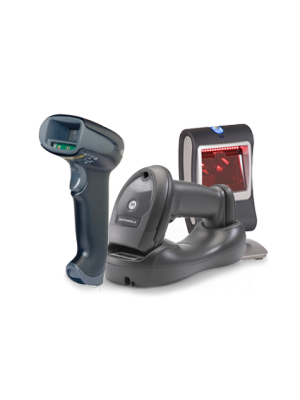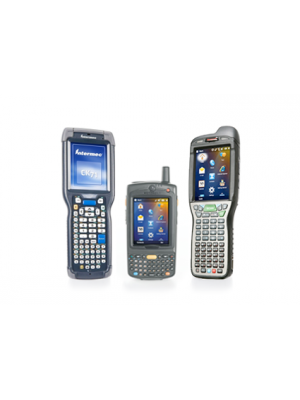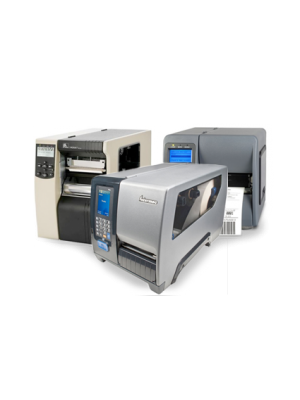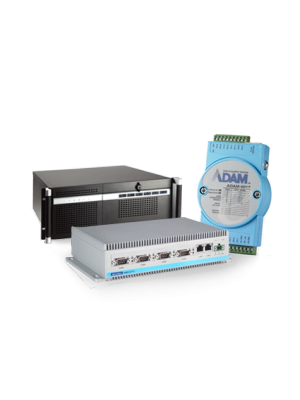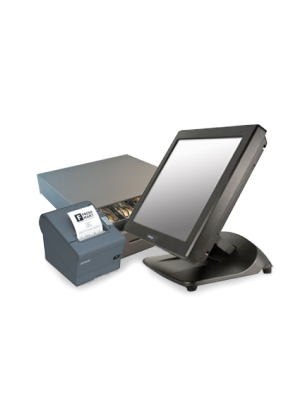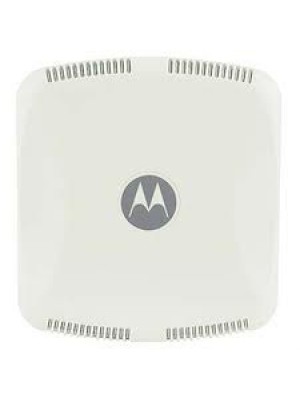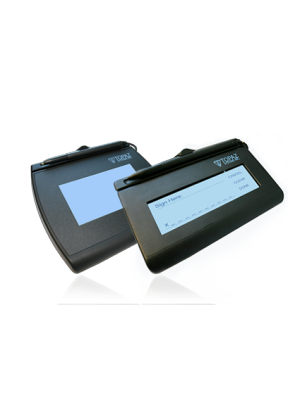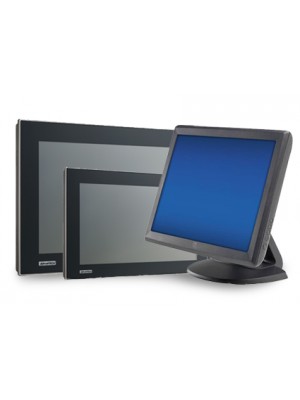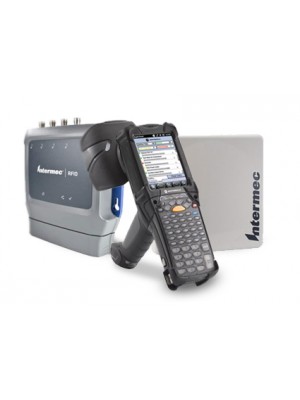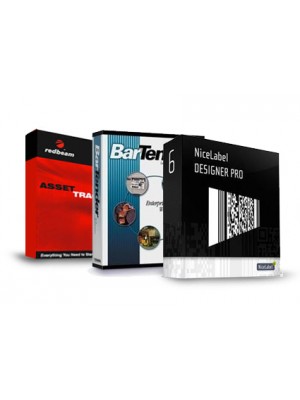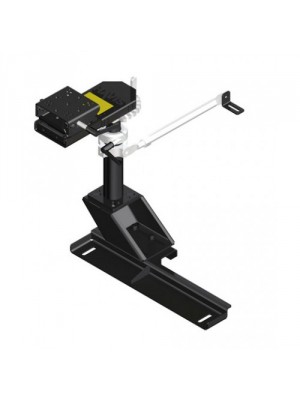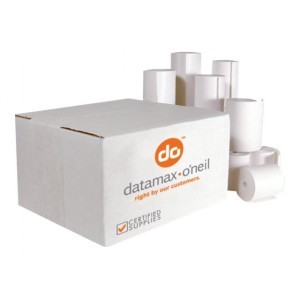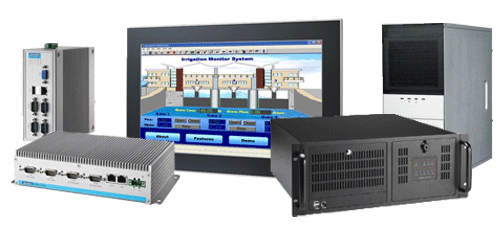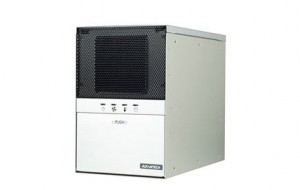Thanks for coming back to read Part III of my series on 10 Tips for Successful Industrial PC Configuration. In case you missed it, Part II covered Board Level I/O & Video, CPU/CPU Fan Selection and Memory Requirements. Part 1 covered PC Form Factor, Power Supply Options and ISA/PCI/PCIe Cards. Today, I will review Storage, RAID, Operating System and Longevity. As I’ve mentioned before, there are several other important factors that affect how you will want to configure your PC, but these 10 areas I have addressed are what I feel to be the “building blocks” for properly selecting and building an Industrial PC.
Storage, RAID, Operating System and Longevity:
 7. Storage
7. Storage
Storage is determined by the chassis or specific Embedded PC, TPC, PPC and IPPC you have selected. Options include 3.5” & 2.5” hard drives, 2.5” SLC, MLC & ULC solid state drives, SLC, MLC & ULC Compact Flashes and mSATA devices. It really comes down to vibration when determining the type of storage. If this is a concern, go with a solid state drive, mSATA device or compact flash. If it’s not an issue, a hard drive will do just fine. If you require more than one drive, you are going to want to look for a chassis solution, which will also provide the ability to install removable drives for redundancy. If selecting an Embedded or Touch Panel PC, the smaller units are mostly restricted to compact flash and mSATA devices. The larger Embedded and Touch Panels PCs will accommodate everything but 3.5” drives. Some of them even support a compact flash and 2.5” storage device. IPPCs are much like chassis and will accommodate any storage device but do have limitations in how many you can install. Lastly, if considering a compact flash or solid state drive, you will need to consider whether to go with an SLC, MLC or ULC storage device. The fastest performance is seen in the SLC storage devices while the slowest is seen with the MLC storage devices. The SLC storage devices are also five times as expensive as the ULC and MLC storage devices. Look for ULC storage devices to become a very popular option moving forward due to their performance during boot-up and their aggressive price point.
 8. RAID
8. RAID
RAID is an option either supported onboard the SBC or motherboard you selected or can be added as a PCI/PCIe card option if not supported. This is something you can determine per the product data sheet. RAID 0, 1, 5 and 10 are the current options available. RAID 0 requires a minimum of two disks, the blocks are striped and there is no redundancy. RAID 1 requires a minimum of two disks, the blocks are mirrored and this provides excellent redundancy. RAID 5 requires a minimum of three disks, the blocks are striped, parity is distributed and this provides good performance and redundancy. RAID 5 is the most cost-effective of the four options. RAID 10 requires a minimum of four disks, the blocks are striped and mirrored and this option provides excellent performance and redundancy. If money isn’t an issue, this is the best solution for mission-critical applications.
 9. Operating System
9. Operating System
Whether sourced or developed in-house, your software will have a specific operating system requirement. It’s important that you consider this when selecting your PC, since it’s going to have to support that OS. Support information can always be found on the product data sheet for each Motherboard, Single Board Computer, Embedded PC, TPC, PPC and IPPC. If you are developing in a DOS, Linux or CE environment, you’ll probably want to pick up the phone and speak to someone educated enough to let you know if the PC you have selected will support this.
 10. Longevity
10. Longevity
Industrial PCs are built to last 10+ years in harsh and rugged environments. They are also designed with 5-7 year availability in mind. This enables you to standardize your platform and to create a “gold” image if you will require the same configuration over and over again. I have found that customers value a PC with a standard configuration. Software, I/O and external peripherals aren’t affected and they don’t have to worry about boards and components changing every two months.
Well, that wraps everything up for this three-part series. Thanks for hanging in there with me. I do hope that some of the information provided will assist you in your next Industrial PC search. If you have any questions or would just like to talk Industrial Automation, feel free to contact me via email at jeremy.miller@l-tron.com or via phone at (800) 830-9523 ext 126.
About the Author:
 Jeremy Miller is L-Tron’s Industrial Automation and Advantech Product Specialist. Jeremy is highly trained and brings over 10 years of experience in the industrial control, data acquisition and test & measurement markets. Jeremy holds Advantech certifications in: Industrial Platform, Industrial Operator Panel, Automation Controller & I/O, Industrial Communication, & Automation Software. Jeremy can be reached at (800) 830-9523 ext 126; jeremy.miller@L-Tron.com
Jeremy Miller is L-Tron’s Industrial Automation and Advantech Product Specialist. Jeremy is highly trained and brings over 10 years of experience in the industrial control, data acquisition and test & measurement markets. Jeremy holds Advantech certifications in: Industrial Platform, Industrial Operator Panel, Automation Controller & I/O, Industrial Communication, & Automation Software. Jeremy can be reached at (800) 830-9523 ext 126; jeremy.miller@L-Tron.com


